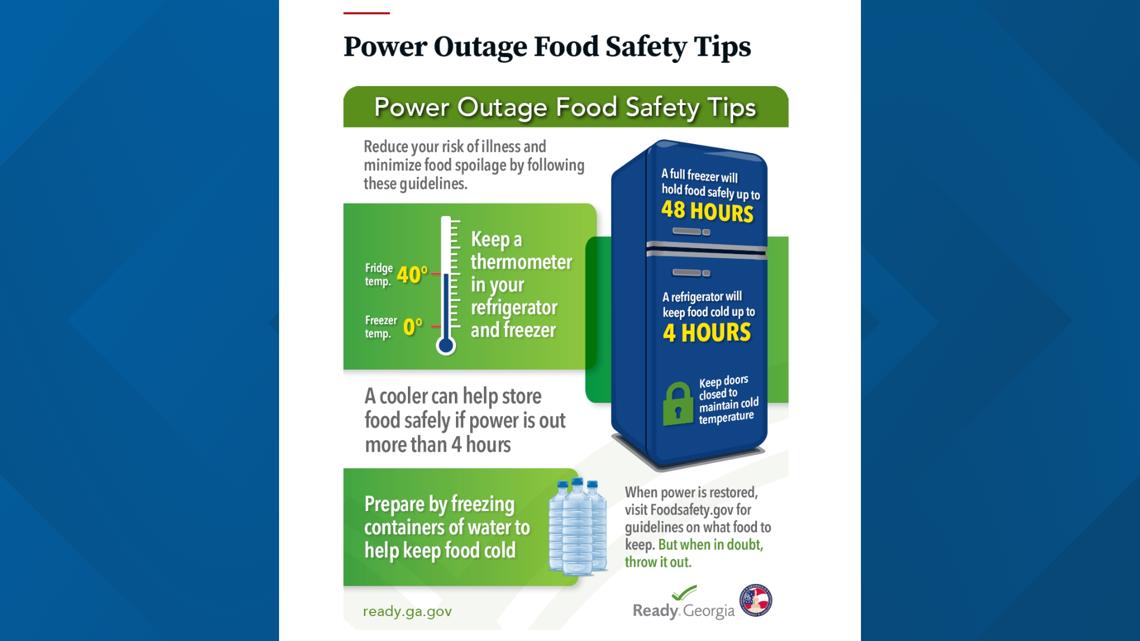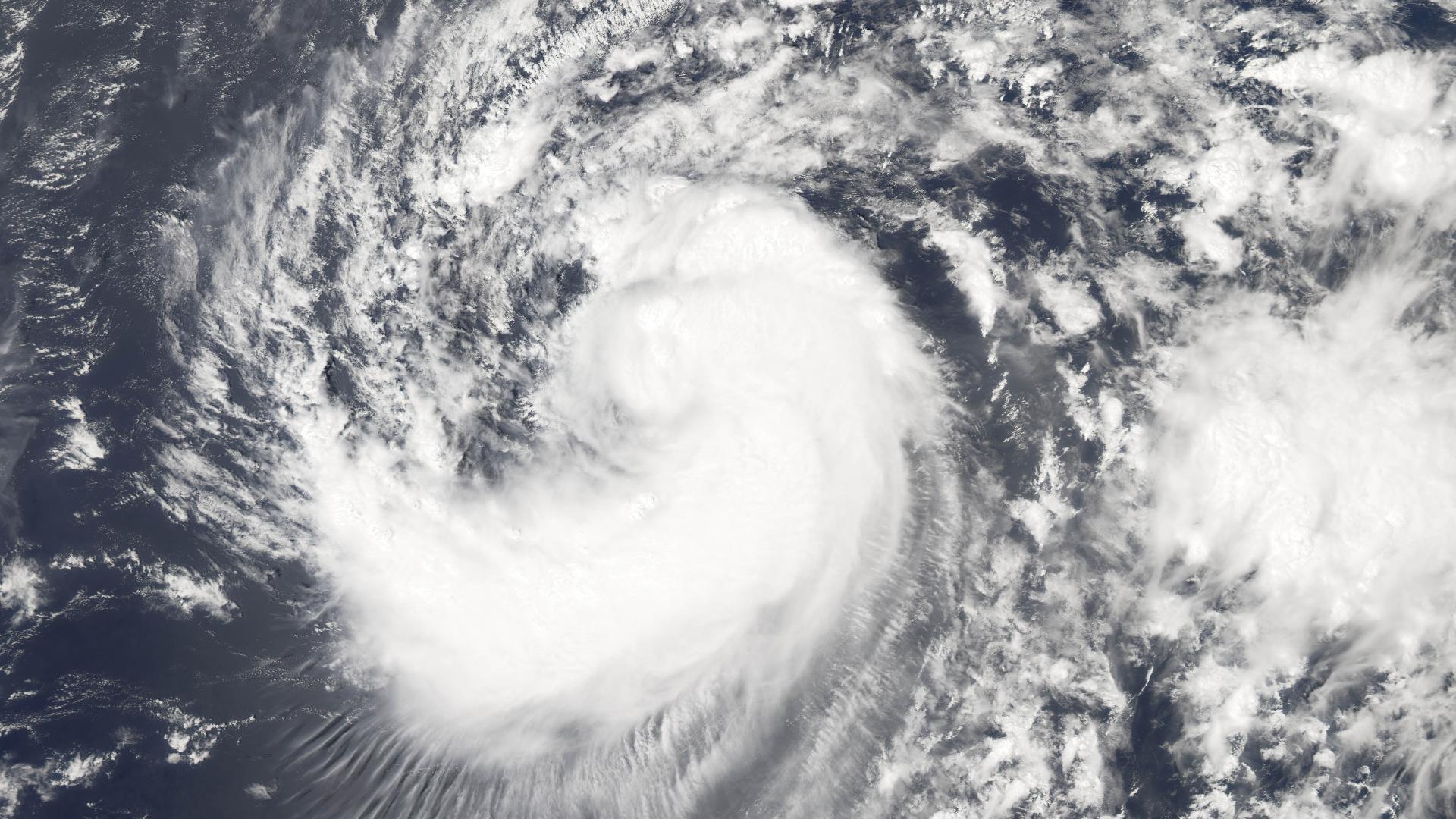ATLANTA — Tropical Storm Helene has formed in the Caribbean Sea as of 11 a.m. Tuesday.
Helene is forecast to become a major hurricane in the Gulf of Mexico before making landfall late Thursday along Florida's Big Bend region. In anticipation of the storm's impacts, Florida's governor issued a state of emergency.
11Alive has issued a Weather Impact Alert for Thursday and Friday in north Georgia due to impacts from Helene.
Here are some steps residents can take to get ready. The information comes from the Red Cross, the National Hurricane Center and Ready.gov.
Put together an emergency preparedness kit: This is the first thing on the Red Cross list to ensure your family is ready for an emergency. The kit should include a three-day supply of water, non-perishable food, a flashlight, a battery-powered or hand-crank radio, a first aid kit, family and emergency contact info, extra cash, a map of the area and more. The Red Cross urges the importance of adding supplies to your kit based on the needs of all your family members.
Have an emergency plan: Review your evacuation zone, route and shelter locations. Plan with your family and include pets if relevant. You may have to leave quickly, so plan ahead.
Protect your home: Bring in any loose or lightweight objects that could get picked up during high winds. Also, anchor down objects that would be unsafe to bring inside. Be sure to cover all of your windows if you don't have permanent hurricane shutters, and close and board up all windows and doors with plywood.
Don't forget about electronics: Unplug all of your electronics. If you live in a low-lying area that’s flood-prone, make sure all of your electronics, perishables and valuables are off the ground. Power could be out for a long time, so purchase and charge batteries before the storm hits.


Fill the tub: If there is a big storm, your electricity may be out, and your water may stop flowing. Fill the tub and washer with water. This isn't to drink. It will be used for very important things like flushing your toilet.
Items to have ready
- Water. One gallon per person per day, for at least three days, for drinking and hygiene
- Food. At least a three-day supply of non-perishable food
- Click here for recipe ideas featuring non-perishable foods, manual tools and alternative heating sources.
- Can opener for food -- if kit contains canned food
- Radio. Battery-powered or hand crank radio and a NOAA Weather Radio with tone alert, and extra batteries for both
- Emergency charger for mobile devices
- Flashlight and extra batteries
- First aid kit
- Whistle. To signal for help
- Face mask. To help filter contaminated air and plastic sheeting and duct tape to shelter in place
- Moist towelettes, garbage bags and plastic ties. For personal hygiene
- Wrench or pliers. To turn off utilities
- Local maps
For additional items to consider, click here.

